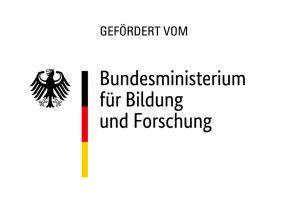Within the framework of the guideline for the funding of projects on the topic of “Exploring Regional Factors for Innovation and Change – Strengthening Societal Innovative Capacity” under the funding measure “REGION.innovativ”, the project consortium is researching transformative capacities, i.e. the societal capacity based on various innovations and the activation of regional innovation systems to initiate and shape transformation processes.
The project focuses on four peripheral, agglomeration-remote regions without a strong economic center and pursues three overarching goals: Development of an assessment framework of societal innovation capacity, observation of actor-related, spatial and temporal innovation patterns and dynamics in the participating agglomeration-remote regions, and joint development of concrete governance approaches, methods and instruments for capacity building for the activation of transformative innovation systems in transdisciplinary transformation arenas in these regions.
ISInova follows in particular the approach of regional regime analysis already developed in the project “Broadening Horizons”, which examines and supports spatial localization, identification of innovation potentials and their decision-relevant transfer into regional governance.
Contact: René John




